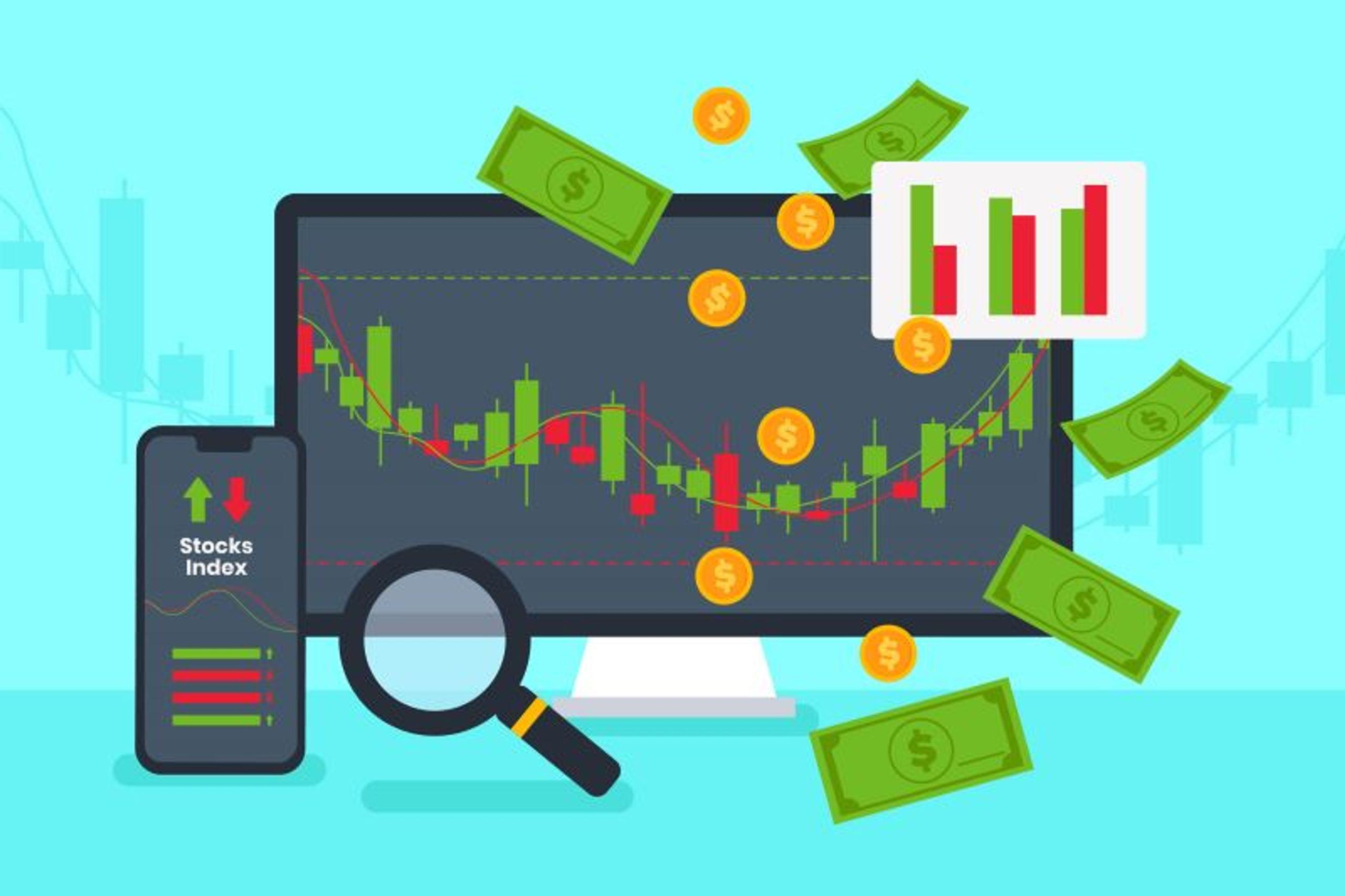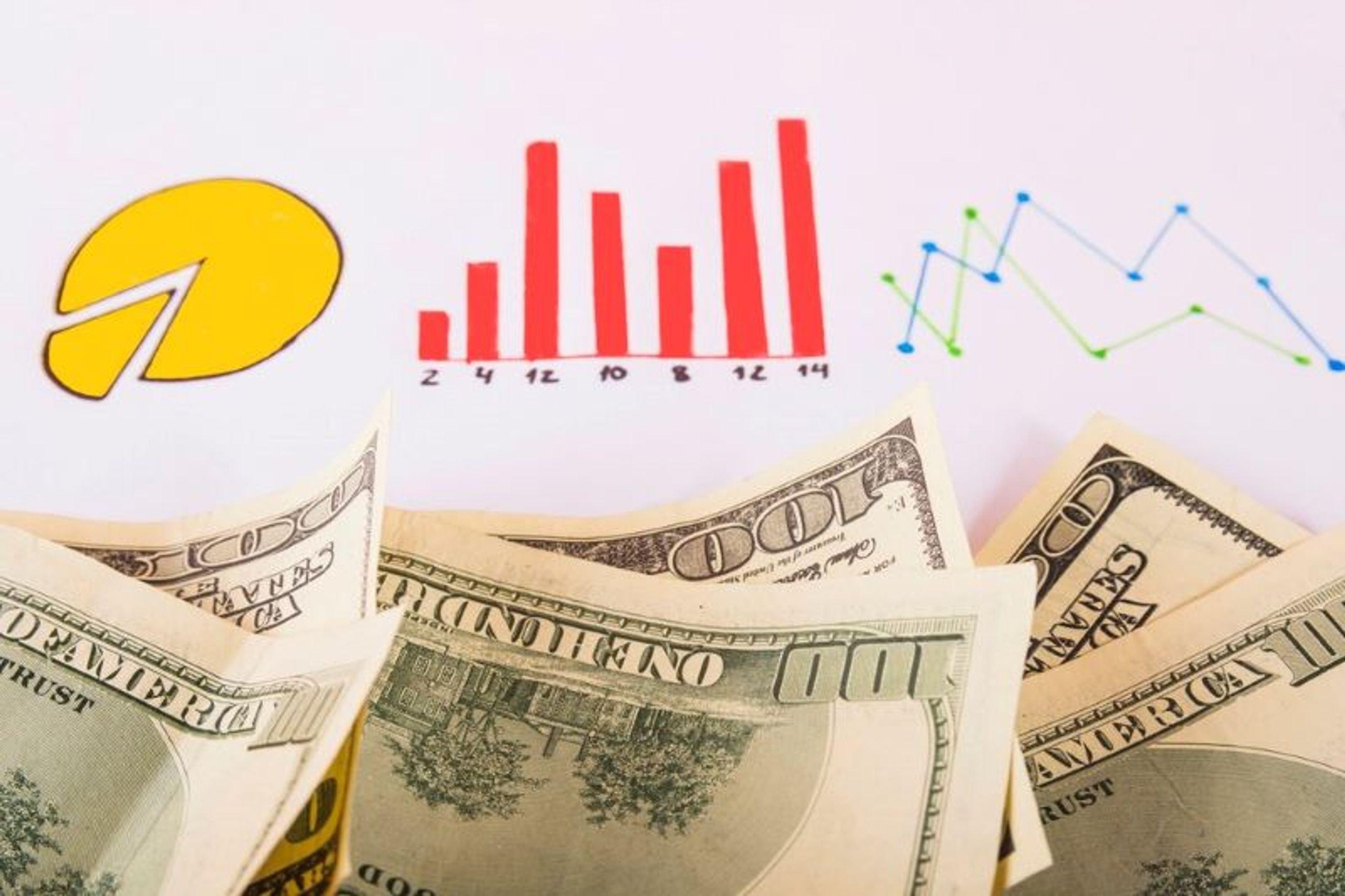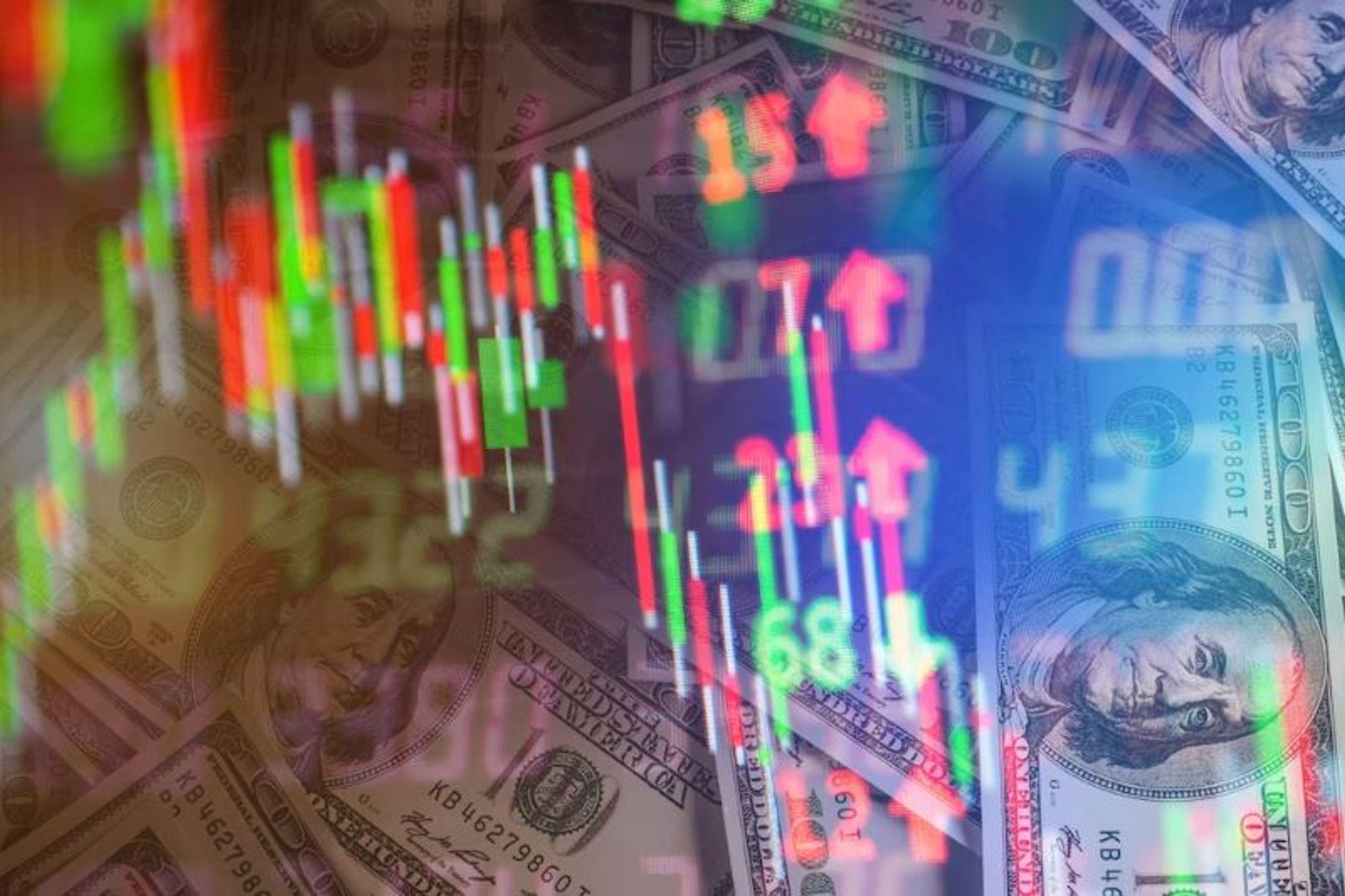📚 Unlock the World of AI and Humanity with These Two Free Books! 🚀
Dive into the thrilling realms of artificial intelligence and humanity with "The ECHO Conundrum" and "Awakening: Machines Dream of Being Human". These thought-provoking novels are FREE this week! Don't miss the chance to explore stories that challenge the boundaries of technology and what it means to be human.
Read More & Download
The money market is a vital component of the global financial system, facilitating short-term borrowing and lending of highly liquid instruments, typically with maturities of less than one year. It plays a crucial role in providing short-term funding for businesses, governments, and financial institutions, ensuring smooth operations and economic stability. This article delves into the intricacies of the money market, exploring its characteristics, functions, structure, participants, and key instruments.
 thị trường tiền tệThe money market is an essential part of the financial system.
thị trường tiền tệThe money market is an essential part of the financial system.
The Mechanics of the Money Market
The money market operates on a foundation of short-term transactions, facilitating the efficient flow of capital within the financial system. Understanding its key characteristics is crucial to grasping its overall function.
Key Characteristics of the Money Market
Short-Term Maturity: Instruments traded in the money market typically mature within one year, ensuring quick access to funds and high liquidity. This short-term focus distinguishes it from the capital market, which deals with longer-term securities.
High Liquidity: Money market instruments are highly liquid, meaning they can be readily converted to cash with minimal price fluctuations. This characteristic makes them attractive to investors seeking short-term investment options.
Low Risk: Generally, money market instruments are considered low-risk investments due to their short maturity and the creditworthiness of the issuers, which are often governments, large corporations, and financial institutions.
Wholesale Market: A significant portion of money market transactions occurs in the wholesale market, involving large-volume trades between institutions. However, retail investors can also participate through money market funds and certain types of savings accounts.
Indirect Financing: The money market often involves indirect financing, where financial intermediaries, such as banks, connect borrowers and lenders. These intermediaries play a crucial role in facilitating the flow of funds.
The Vital Role of the Money Market
The money market plays a crucial role in the financial system and the broader economy. Its primary functions include:
Meeting Short-Term Funding Needs: Businesses rely on the money market to access short-term financing for working capital requirements, such as inventory management and payroll. Governments utilize it to bridge budget deficits and manage short-term cash flow.
Providing Liquidity to Financial Institutions: Banks and other financial institutions use the money market to manage their liquidity positions, borrowing and lending funds to meet reserve requirements and customer demands.
Facilitating Monetary Policy: Central banks use the money market to implement monetary policy, influencing interest rates and the money supply to achieve economic objectives, such as controlling inflation and promoting economic growth.
Enabling Efficient Allocation of Capital: By connecting borrowers and lenders, the money market ensures that capital is allocated efficiently to its most productive uses.
Structure of the Money Market
The money market comprises several interconnected segments, each contributing to its overall functionality. These segments include:
Treasury Bills Market: This market deals in short-term debt securities issued by the government. Treasury bills are considered virtually risk-free and serve as a benchmark for other money market instruments.
Commercial Paper Market: Large corporations issue commercial paper to raise short-term funds for working capital needs. This unsecured promissory note is typically issued at a discount and matures at face value.
Certificates of Deposit (CDs) Market: Banks issue CDs to attract deposits from individuals and institutions. CDs offer a fixed interest rate for a specified period, providing a relatively safe and liquid investment option.
Repurchase Agreements (Repos) Market: Repos involve the sale of securities with an agreement to repurchase them at a later date. This market provides short-term funding for financial institutions and facilitates collateralized lending.
Interbank Market: This market facilitates lending and borrowing between banks, enabling them to manage their liquidity positions and meet reserve requirements. It plays a vital role in the smooth functioning of the banking system.
Classifying the Money Market
The money market can be categorized based on various criteria, including the type of participants and the nature of the debt instruments traded.
Classification by Participants
Wholesale Market: This segment involves large-volume transactions between financial institutions, corporations, and governments.
Retail Market: This segment caters to individual investors through money market funds, savings accounts, and other retail investment products.
Classification by Debt Instruments
- Treasury Bills: Short-term government debt securities.
- Commercial Paper: Unsecured promissory notes issued by corporations.
- Certificates of Deposit (CDs): Time deposits offered by banks.
- Repurchase Agreements (Repos): Sale and repurchase agreements for securities.
- Banker’s Acceptances: A form of guaranteed payment used in international trade.
 phân loại thị trường tiền tệThe money market is classified into two types.
phân loại thị trường tiền tệThe money market is classified into two types.
Participants in the Money Market
A diverse range of actors participate in the money market, each with specific roles and objectives.
Central Banks: Central banks play a critical role in regulating the money market, influencing interest rates and ensuring financial stability.
📚 Unlock the World of AI and Humanity with These Two Free Books! 🚀
Dive into the thrilling realms of artificial intelligence and humanity with "The ECHO Conundrum" and "Awakening: Machines Dream of Being Human". These thought-provoking novels are FREE this week! Don't miss the chance to explore stories that challenge the boundaries of technology and what it means to be human.
Read More & Download
Commercial Banks: Banks are major players in the money market, engaging in borrowing and lending activities to manage their liquidity and facilitate customer transactions.
Corporations: Businesses utilize the money market to access short-term financing for working capital needs and invest surplus cash.
Investment Funds: Money market funds pool investments from individual and institutional investors, providing access to a diversified portfolio of money market instruments.
Government Agencies: Government agencies participate in the money market to manage cash flow, fund short-term borrowing needs, and invest in liquid assets.
Key Money Market Instruments
The money market features a variety of instruments, each serving a specific purpose.
Treasury Bills (T-Bills)
Issued by the government, T-Bills are short-term debt securities with maturities ranging from a few days to one year. They are considered low-risk investments and offer a fixed return.
Commercial Paper
Corporations issue commercial paper to raise short-term funds. This unsecured promissory note typically matures within 270 days and is often used for working capital needs.
Certificates of Deposit (CDs)
Banks issue CDs to attract deposits. They offer a fixed interest rate for a specified period, providing a safe and liquid investment option for individuals and institutions.
Banker’s Acceptances
A banker’s acceptance is a time draft guaranteed by a bank. It is commonly used in international trade transactions to facilitate payment and mitigate risk.
Repurchase Agreements (Repos)
Repos involve the sale of securities with an agreement to repurchase them at a later date. They provide short-term funding for financial institutions and facilitate collateralized lending.
Eurodollars
Eurodollars are U.S. dollar deposits held in banks outside the United States. They are often used for international transactions and provide a source of dollar funding for businesses and institutions.
Money Market Funds
Money market funds pool investments from individuals and institutions, providing access to a diversified portfolio of money market instruments. They offer a relatively safe and liquid investment option.
Conclusion: The Essential Role of the Money Market
The money market plays a crucial role in the global financial system, providing a platform for short-term borrowing and lending of highly liquid instruments. Its diverse range of participants and instruments facilitates efficient capital allocation, supports economic growth, and enables effective monetary policy implementation. Understanding the intricacies of the money market is essential for anyone involved in finance, investment, or business operations.
FAQs
What is the difference between the money market and the capital market?
The money market deals with short-term debt instruments with maturities of less than one year, while the capital market focuses on longer-term securities such as stocks and bonds.
Why is the money market important for businesses?
The money market provides businesses with access to short-term financing for working capital needs, allowing them to manage inventory, payrolls, and other operating expenses efficiently.
How do central banks use the money market?
Central banks use the money market to implement monetary policy, influencing interest rates and the money supply to achieve economic objectives like controlling inflation and promoting economic growth.
What are the risks associated with investing in the money market?
While generally considered low-risk, money market investments are still subject to interest rate risk, credit risk, and liquidity risk.
How can individuals invest in the money market?
Individuals can invest in the money market through money market funds, savings accounts, and certain types of certificates of deposit.
We encourage you to share this article and submit your questions in the comment section below!
📚 Unlock the World of AI and Humanity with These Two Free Books! 🚀
Dive into the thrilling realms of artificial intelligence and humanity with "The ECHO Conundrum" and "Awakening: Machines Dream of Being Human". These thought-provoking novels are FREE this week! Don't miss the chance to explore stories that challenge the boundaries of technology and what it means to be human.
Read More & Download



